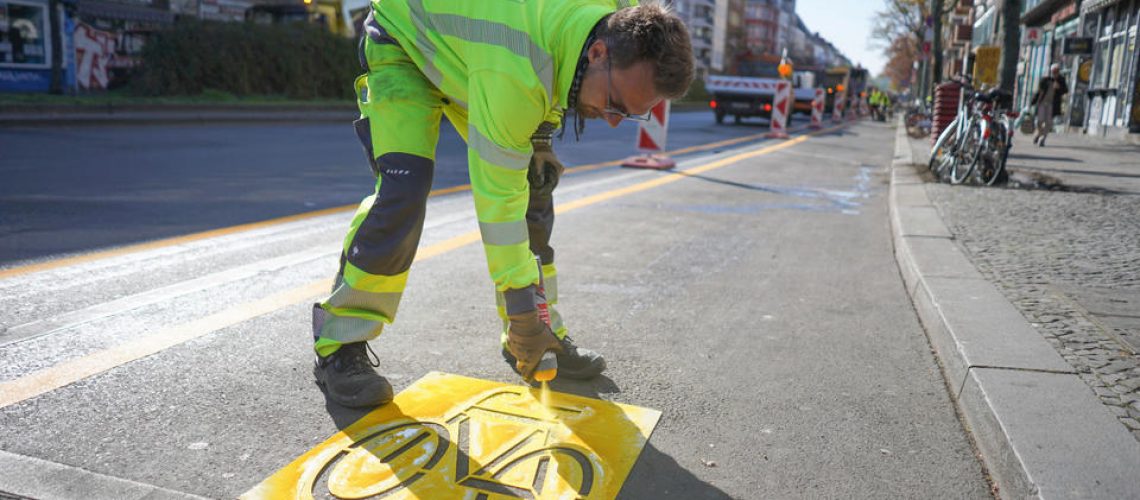Brussels, June 3rd – The WBIA has been invited to participate in a new taskforce of THE PEP (Transport, Health and Environment Pan-European Programme) a joint body of the World Health Organization (WHO) and the United Nations (UN) to develop “Principles of Green and Healthy Sustainable Transport”.
COVID-19 is having a substantial impact on mobility patterns around the world. Social distancing and the recent studies showing a correlation between air pollution and the severity of COVID-19-related respiratory symptoms are bringing a growing number of citizens to switch to cycling – especially in urban areas: cities have now the possibility and the responsibility to restart in a manner that is conducive to a more efficient, green and sustainable framework.
The taskforce on Green and Healthy Sustainable Transport recommendations will comprise representatives of governments, international organizations, civil society, academia and other stakeholders, exploring long-term and strategic changes for the mobility sector. The aim is to have much more than just a document: the principles produced by the taskforce will be proposed for political endorsement to governments involved in the Fifth High-level Meeting on Transport, Health and Environment to be held in Vienna in 2021.
Erhard Büchel CONEBI and WBIA President states: “new bike lanes are starting to appear in cities across Europe. We call on governments to implement permanent solutions in this regard and foresee further incentive measures, for instance subsidy schemes for bicycle and e-bike purchase, like the one that has just been introduced in Italy. Cycling should become the new normal.”
Satoshi Yuasa, Vice President of Bicycle Association Japan (BAJ), reinforces the message: “More & more utilization of bicycles for work/commuting is surely contributing to health and the environment. The Japanese government has also initiated the action to use more bicycles for work and BAJ is preparing a campaign to promote this movement. We strongly believe that THE PEP Project is expanding the positive impact out of Europe too, of course including Japan.’’
“Today, an unprecedented number of Americans are experiencing the rewards of bicycling,”said Tim Blumenthal, President of PeopleForBikes. “They’re improving their physical and mental health, and they’re saving money as they travel safely and efficiently in a world shaped by the COVID-19 pandemic. They’re helping to reduce air pollution and address climate change. Now more than ever, bicycling is a multi-faceted solution that should be prioritized by government leaders around the globe.”
Iliya Semenov of the Russian Association for the Development of the Bicycle and Motorcycle Industry (NADBM) states: “Russia fully supports green transportation initiatives. During the COVID-19 pandemic despite the lockdown across the country, we seea growing demand for bicycles. Due to quarantine and personal precautionary measures many people will not be able to travel abroad or to far distances around Russia. So many Russians prefer to go to the local countryside, get involved in sporting activities and take care of their health and the health of their loved ones. And cycling is the best activity that can provide you enough sports load, lets you keep social distancing, gives you the joy of exploring your neighbourhoods and keeps families together.”
Dr. K.B. Thakur, Secretary General of the All India Cycle Manufacturers’ Association (AICMA) explains: “Man – made pressure on Mother Earth is going beyond its carrying capacity which is resulting in to disproportionate damage to environment and public health. As a partial correction, the global community should undertake a push-pull strategy to further the importance of the bicycle as a mode of transport because it is a green and healthy solutions. Under the aegis of the PEP taskforce, earnest efforts may be made to resolve common impediments in the way of resurgence of bicycles. India’s masses and classes stand to immensely benefit from greater bicycle usage “
The Task Force will meet virtually on a monthly basis and the work will be organized so that the first draft of the principles are discussed in November 2020. Further meetings, in the months after November 2020, will be set to finalize the principles.
WBIA and its members are committed to continue the advocacy for more sustainable mobility globally, working with national authorities and the world multilateral institutions to sustain the role of cycling as the best solution to the challenges that the world is currently facing: the recent article ‘’UN eyes bicycles as driver of post-COVID-19 green recovery’’ published by the United Nations’ Department of Global Communications is definitely an encouragement in such a direction but more has to be done in order to tackle the unsustainability of the car-centric culture we have been living in.
Source: Joerg Carstensen/dpa via AP


